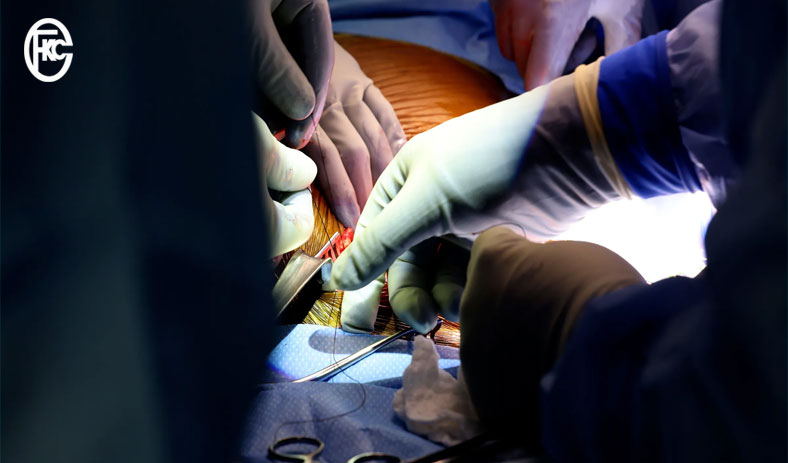
Overview:
Preparing for a kidney transplant is a significant step towards improving health and quality of life for individuals with kidney failure. This procedure offers hope for those on dialysis or experiencing advanced kidney disease. Here’s what patients need to know as they prepare for this life-changing event.
Evaluation and Eligibility
Before a kidney transplant, patients undergo a thorough evaluation to assess their overall health and determine if they are suitable candidates. This evaluation typically includes:
1. Medical Assessment: Evaluating the patient’s current kidney function, overall health status, and any existing medical conditions.
2. Psychological Evaluation: Assessing the patient’s mental and emotional readiness for the transplant process, including their ability to cope with the procedure and post-transplant life.
3. Social Assessment: Considering social support systems, living arrangements, and financial readiness for the transplant and ongoing care.
Finding a Donor
Finding a suitable kidney donor is critical for the transplant. Donors can be living or deceased. Patients may have the option of finding a compatible living donor, often a family member or friend, which can potentially reduce waiting times and improve outcomes. For those without a living donor, they will be placed on a national transplant waiting list managed by organizations like UNOS (United Network for Organ Sharing).
Preparing for Surgery
Once a donor is identified and all evaluations are complete, preparations for surgery begin:
1. Preoperative Tests: Patients undergo additional tests and screenings to ensure they are in optimal health for surgery.
2. Education and Counseling: Patients receive extensive education about the transplant procedure, post-transplant medications, and lifestyle changes. Counseling may also be provided to address any concerns or anxieties.
3. Financial Planning: Understanding the costs associated with transplantation, including medications and follow-up care, is crucial. Financial counselors can help navigate insurance coverage and other financial aspects.
Post-Transplant Care
After surgery, patients require lifelong follow-up care to monitor kidney function, manage medications, and address any complications that may arise. This involves regular visits to the transplant center and adherence to prescribed medications and lifestyle recommendations.
Conclusion:
A kidney transplant offers a chance for a better quality of life and increased longevity for patients with kidney failure. However, the process requires thorough preparation, including medical evaluations, finding a donor, and preparing for surgery and post-transplant care. By understanding and actively participating in this process, patients can maximize their chances of a successful transplant and long-term health.